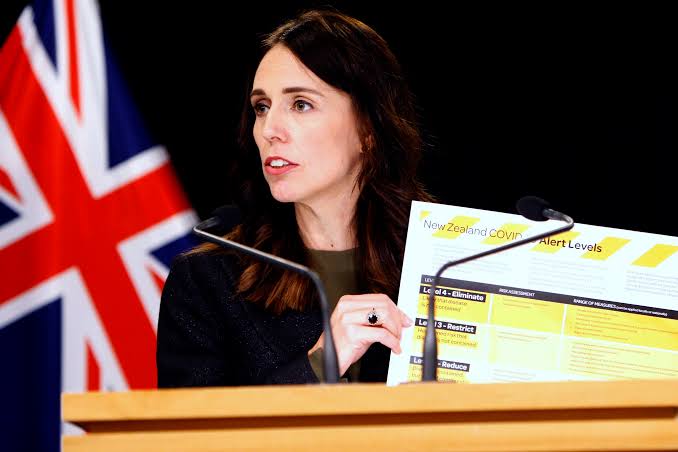A New Zealand judge, Mary Peters has dismissed a man’s claims that the country’s coronavirus lockdown is keeping him unlawfully detained.
SEE ALSO: Femi Falana speaks on Omoyele Sowore’s rearrest in court
In a judgement released on Thursday, Justice Peters said the man and his family were not subject to detention and dismissed the case.
The man, who cannot be named for legal reasons, sued Prime Minister Jacinda Ardern, Director General of Health Ashley Bloomfield and Civil Defence controller Sarah Stewart-Black over the lockdown.
A virtual hearing was held on April 17, where the man asked for a writ of habeas corpus, which seeks to rule an imprisonment unlawful and release the applicants.
However, Justice Peters ruled the man and his family were not illegally detained.
“If I am wrong, and A and his family are detained, the detention is lawful,” the ruling stated.
“In my view, the freedom to exercise whenever they wish, to go to the supermarket whenever they wish, to talk to whomever they wish, and to access the internet whenever they wish is quite different from being ‘held in close custody,” it added.
Justice Peters ruled the habeas corpus procedure was not suitable for the arguments the man wished to pursue.
She said, “His arguments do not go to the lawfulness of any detention but the underlying decision to make the order, which is a different issue.”
A judicial review would have been the appropriate procedure, Justice Peters ruled.

